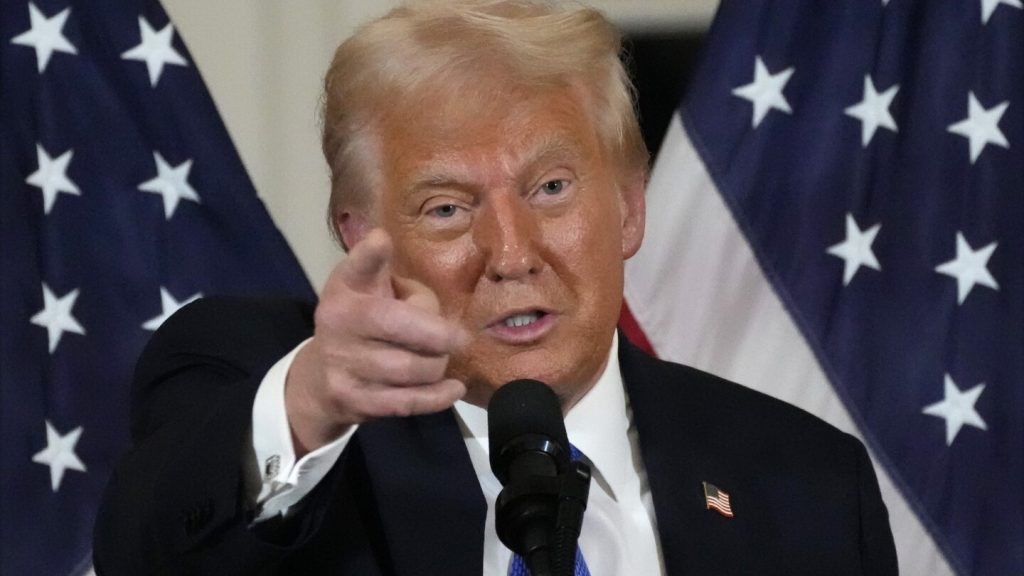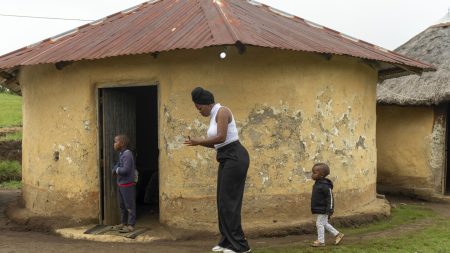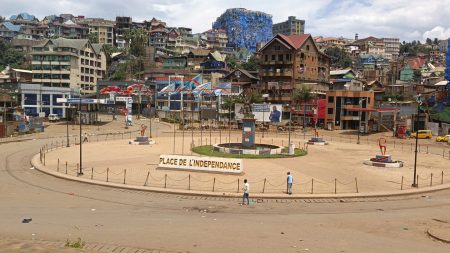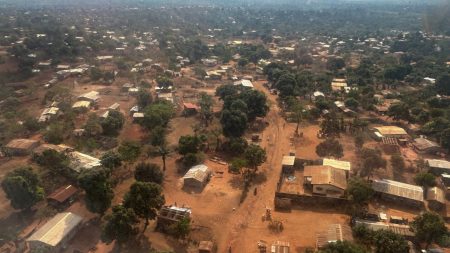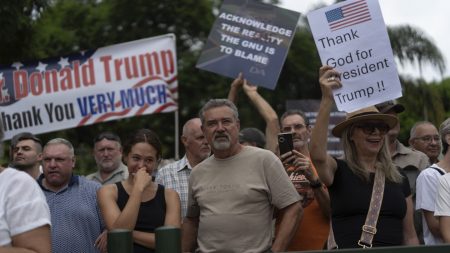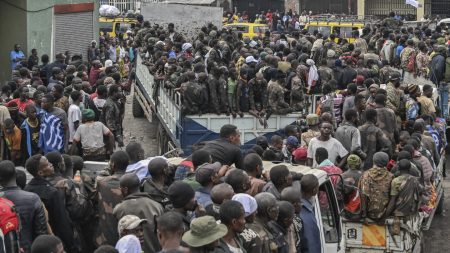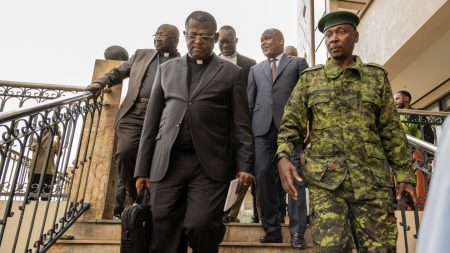Trump’s Offer to South Africa’s White Minority: A Complex and Controversial Move
The Rejection of Trump’s Refugee Offer
In a surprising move, President Donald Trump recently signed an executive order offering refugee status and resettlement in the United States to South Africa’s white minority, specifically targeting the Afrikaner community. This decision was met with a resounding "thanks, but no thanks" from prominent Afrikaner groups, who rejected the offer and affirmed their commitment to building a future in South Africa. The Trump administration cited "rights violations" and alleged violent attacks on white farmers as the rationale for this move, but the South African government has vehemently denied these accusations, calling them "full of misinformation and distortions."
The executive order also halted all U.S. aid and financial assistance to South Africa, a move that has strained relations between the two nations. Dirk Hermann, CEO of the Afrikaner trade union Solidarity, which represents around 2 million people, stated, "Our members work here, and want to stay here, and they are going to stay here. We are committed to building a future here. We are not going anywhere." Similarly, Kallie Kriel, CEO of the AfriForum lobby group, emphasized, "We have to state categorically: We don’t want to move elsewhere."
The Historical and Cultural Context of the Afrikaners
The Afrikaners are a unique cultural group in South Africa, descended primarily from Dutch, French, and German colonial settlers who arrived over 300 years ago. They speak Afrikaans, a language derived from Dutch, and maintain a distinct identity separate from other white South Africans of British or other European origins. Whites, including Afrikaners, make up approximately 7% of South Africa’s population of 62 million.
Despite their small numbers, whites in South Africa, particularly Afrikaners, have historically held significant economic and political power, especially during the apartheid era, which ended in 1994. Today, whites continue to enjoy a higher standard of living compared to the majority Black population. According to a 2021 study by the South African Human Rights Commission, only 1% of whites live in poverty, while 64% of Blacks face economic hardship.
Land Expropriation and the Controversy Surrounding It
At the heart of the controversy is South Africa’s new land expropriation law, which allows the government to seize land without compensation. The Trump administration and Afrikaner groups have criticized this law, claiming it unfairly targets white farmers and threatens their livelihoods. However, the South African government argues that the law is a necessary step toward redressing the injustices of colonialism and apartheid, during which Blacks were systematically stripped of their land and rights.
The South African Foreign Ministry criticized the Trump administration’s stance, pointing out the irony of offering refuge to a group that remains economically privileged. They also highlighted the hypocrisy of the U.S. focusing on Afrikaners while denying asylum to vulnerable individuals from other parts of the world. "The assertion that Afrikaners face arbitrary deprivation and, therefore, need to flee the country of their birth is an assertion devoid of all truth," said a spokesperson for President Cyril Ramaphosa.
Economic Disparities and the Legacy of Apartheid
More than 30 years after the end of apartheid, economic disparities between whites and Blacks in South Africa remain stark. Whites own approximately 70% of the country’s private farmland, despite making up only a small fraction of the population. This unequal distribution of land and resources is a direct legacy of colonial and apartheid policies, which systematically dispossessed Black South Africans of their land and denied them access to economic opportunities.
The South African government views the new land expropriation law as a critical step toward addressing these historical injustices. However, Afrikaner groups like Solidarity and AfriForum strongly oppose the law, arguing that it threatens their livelihoods and undermines their connection to the land. They also criticize other policies, such as affirmative action measures in business and education, which they claim discriminate against whites. AfriForum’s Kriel stated, "This government is allowing a certain section of the population to be targeted," but he also emphasized that Afrikaners are committed to remaining in South Africa.
Trump’s Motivations and the Broader Political Context
President Trump’s decision to offer refuge to white South Africans has been widely criticized as politically motivated. Some have pointed to the influence of his South African-born adviser, Elon Musk, who has been a vocal critic of the South African government. Others have suggested that the move is part of a broader effort to appeal to Trump’s conservative base, particularly those who view immigration and racial issues through a lens of white grievance.
The South African government has accused the Trump administration of spreading "misinformation and propaganda" aimed at undermining its efforts to address the legacies of apartheid. They have also criticized the U.S. for its own treatment of vulnerable populations, including immigrants and minorities. As one South African market trader, Sithabile Ngidi, put it, "He [Trump] should have actually come from America to South Africa to try and see what was happening for himself and not just take the word of an Elon Musk, who hasn’t lived in this country for the longest of time, who doesn’t even relate to South Africans."
The Broader Implications and Reactions
Despite the rejection from Afrikaner groups, Trump’s decision has drawn international attention to the complex racial dynamics in South Africa. While most South Africans reject the notion that whites are systematically persecuted, some Afrikaners feel that they are being unfairly targeted as part of efforts to address historical injustices. This sentiment has been fueled by incidents of violent crime, including attacks on white farmers, which Afrikaner groups argue are being ignored or downplayed by the government.
However, the South African government maintains that the new land expropriation law and other policies are necessary to create a more equitable society. They argue that these measures are not about targeting whites but about correcting the historical wrongs of colonialism and apartheid. As the debate over land, race, and economic inequality continues, South Africa remains a focal point in global discussions about justice, reconciliation, and the legacy of oppression.





